Warm
Warm
It was a joyous journey Anders set out on ... to reach his goal ... but look where he wound up!
Book Excerpt
an't you help me?" a clump of atoms asked. But the clump was identical with all the other atoms. Once you ignored the superimposed patterns, you could see the atoms were random, scattered.
"I don't believe in you," Anders said.
The pile of atoms was gone.
"Yes!" the voice cried. "Yes!"
"I don't believe in any of it," Anders said. After all, what was an atom?
"Go on!" the voice shouted. "You're hot! Go on!"
What was an atom? An empty space surrounded by an empty space.
Absurd!
"Then it's all false!" Anders said. And he was alone under the stars.
"That's right!" the voice within his head screamed. "Nothing!"
But stars, Anders thought. How can one believe--
The stars disappeared. Anders was in a gray nothingness, a void. There was nothing around him except shapeless gray.
Where was the voice?
Gone.
Anders perceived the delusion behind the grayness, and then there was nothing at all.
Complete nothingness, and
Editor's choice
(view all)Popular books in Short Story, Science Fiction, Post-1930, Fiction and Literature
Readers reviews
4.0
LoginSign up
Very well-done story about a man, going to propose to his girlfriend, whose thoughts are interrupted by a voice in his head asking for help. The voice guides him to finding the reality behind the illusion of normal perception.
Nice, frantic, progression of an obsession to its logical conclusion.
Nice, frantic, progression of an obsession to its logical conclusion.
- Upvote (0)
- Downvote (0)
'Warm' by Robert Sheckley is a story where we are taken on a perceptual journey in the head of a man called Anders. The narrative of the story is linearly progressive and the change in the narrator's perception about the world around him is shown transforming slowly, with perceptions of each thing around him gaining more and more 'clarity'. The narrative uses the gestalt theory as its basis to create excitement as the story moves on, which ultimately leads the narrator's perception to a climactic nothingness. The story is a good piece of short science fiction, that kind which uses less of a plot and more psychology to make it interesting.
11/29/2009
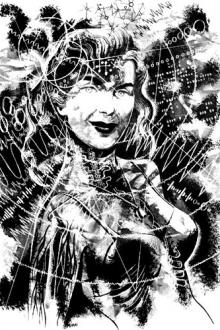
 Free Download
Free Download





















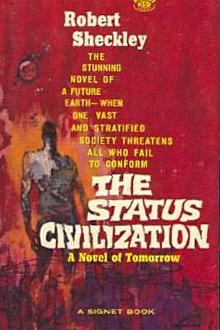
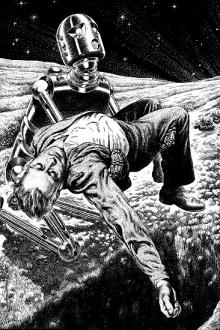
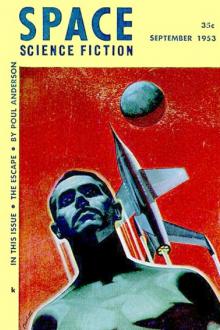

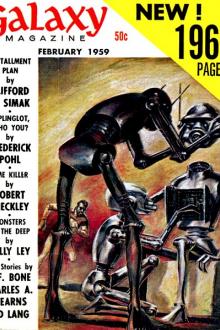
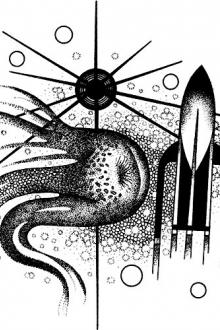
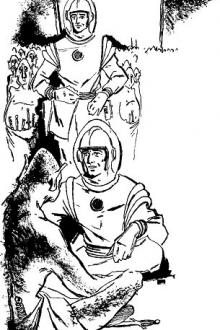
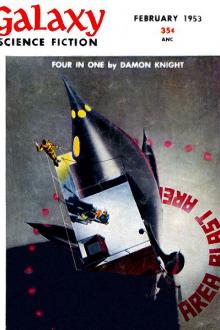
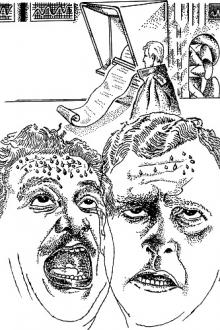
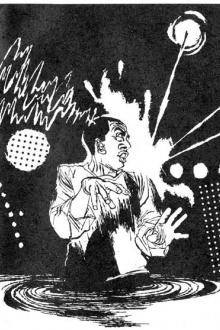
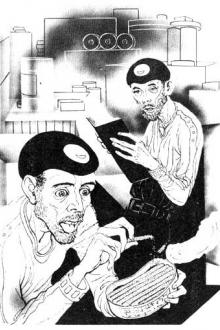
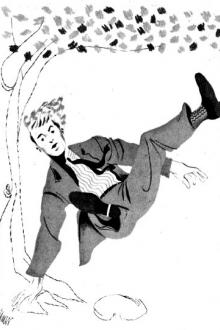
-itok=vcKIB5v1.jpg)